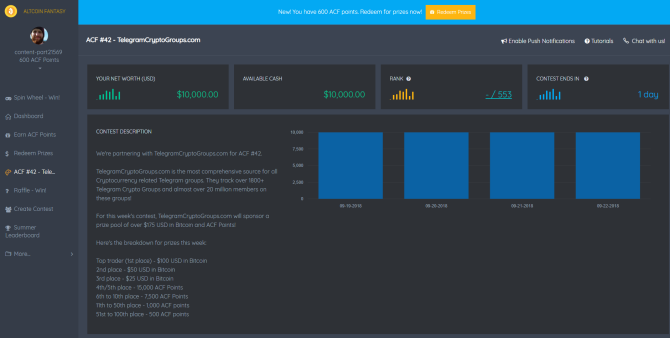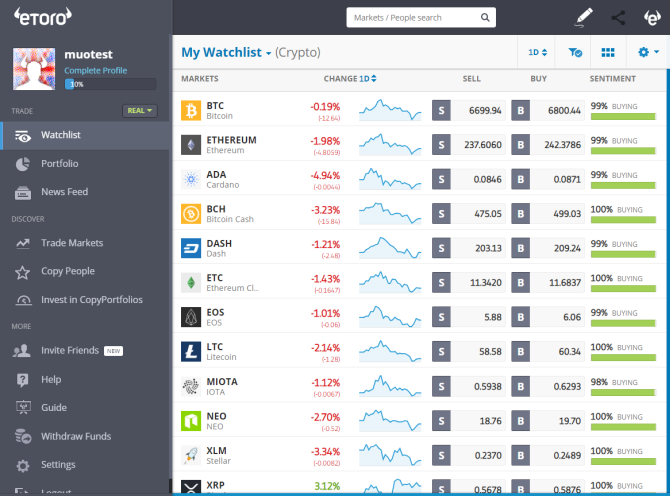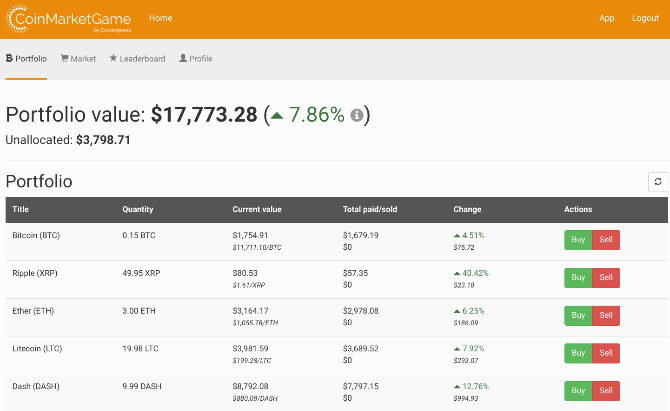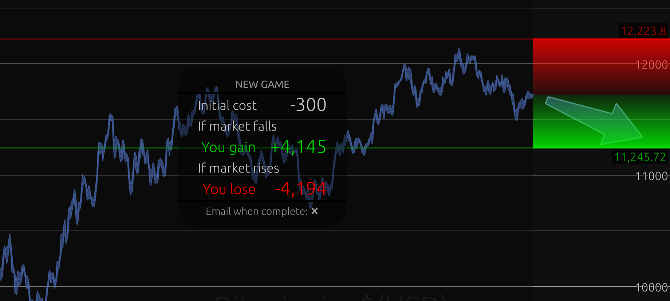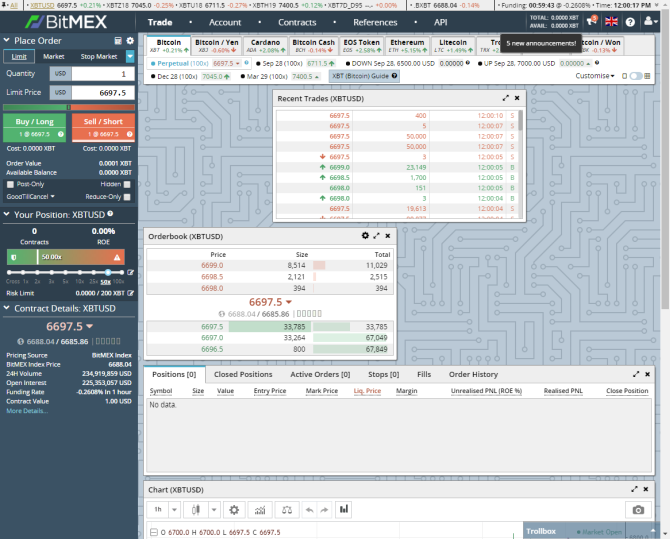We cared about Cambridge Analytica because it could have helped elect Trump. We ignored LocationSmart because even the though the company was selling and exposing the real-time GPS coordinates of our phones, it was never clear exactly if or how that data was misused.
This idea, that privacy issues are abstract concepts for most people until they become security or ideological problems, is important to understanding Facebook’s massive breach revealed this week.
The social network’s engineering was sloppy, allowing three bugs to be combined to steal the access tokens of 50 million people. In pursuit of rapid growth at affordable efficiency, Facebook failed to protect its users. This assessment doesn’t discount that. Facebook screwed up big time.
But despite the potential that those access tokens could have let the attackers take over user accounts, act as them, and scrape their personal info, it’s unclear how much users really care. That’s because for now, Facebook and it’s watchdogs aren’t sure exactly what data was stolen or how it was wrongly used.
The Hack That Broke The Camel’s Back?
This could all change tomorrow. If Facebook discovers the hack was perpetrated by a foreign government to interfere with elections, by criminals to bypass identity theft security checkpoints and steal people’s bank accounts or social media profiles, or to target individuals for physical harm, out will come the pitchforks and torches.
Given a sufficiently scary application for the data, the breach could finish the job of destroying Facebook’s brand. If users start clearing their profile data, reducing their feed browsing, and ceasing to share, the breach could have significant financial and network effect consequences for Facebook. After years of scandals, this could be the hack that’s broke the camel’s back.
Yet in the absence of that evil utilization of the hacked data, the breach could fade into the background for users. Similar to the tension-filled departures of the founders of Facebook’s acquisitions Instagram and WhatsApp, the brunt of the backlash may not come from the public.
The hack could hasten regulation of social media. Senator Warner called on Congress to “step up” following the hack. He’s previously advocated for privacy laws similar to Europe’s GDPR. That includes data portability and interoperability rules that could make it easier to switch social networks. That threat of people moving to competing apps could succeed in compelling Facebook to treat user privacy and security better.
One of the biggest questions about the attack is whether the tokens were used to access other services like Airbnb or Spotify that rely on Facebook Login. The breach could steer potential partners away from building atop Facebook’s identity platform. But at least you don’t have to worry about changing all your passwords. Unlike hacks that steal usernames and passwords, the lasting danger of the Facebook breach is limited. The access tokens have already been invalidated, whereas password reuse can lead people to have their other apps hacked long after the initial breach.
Desensitized
If government investigators, journalists, or anti-Facebook activists want to make the company pay for its negligence, they’ll need to connect it to some concrete threat to how we live or what we believe.
For now, without a nefarious application of the breached data, this scandal could blend into the rest of Facebook’s troubles. Every week, sometimes multiple times a week, Facebook has some headline grabbing problem. Over time, those are adding up to deter usage of Facebook and spur more users to delete it. But without an independent general purpose social network they can easily switch to, many users have endured Facebook’s stumbles in exchange for the connective utility it provides.
As breaches become more common, the public may be desensitized. Between Equifax, Yahoo, and the cell phone companies, we’re growing accustomed to letting out a deep sigh with maybe some expletives, and moving on with our lives. The ones we’ll remember will be those where the danger metastasized from the digital world into our offline lives.
Read Full Article



